More Recent News
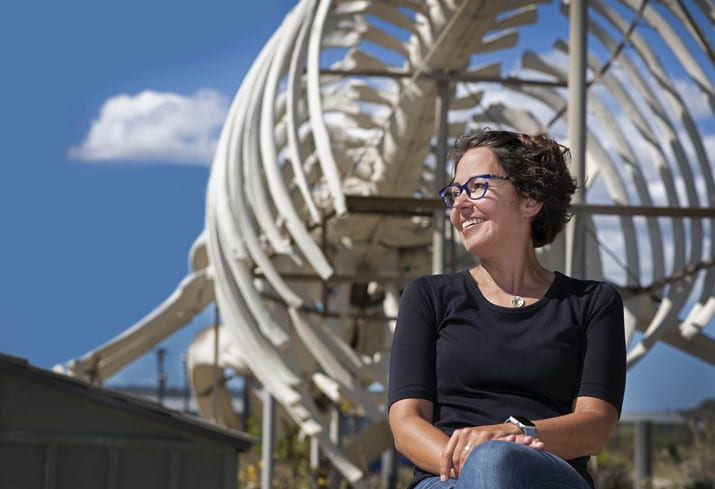
Colossal pledges $500K to the UCSC Genomics Institute to support paleogenomics
Colossal, a company that seeks to bring the mammoth and dodo bird back from extinction, is expanding its support for ancient DNA academic collaborations by pledging a gift of $500K to the UCSC Genomics Institute.
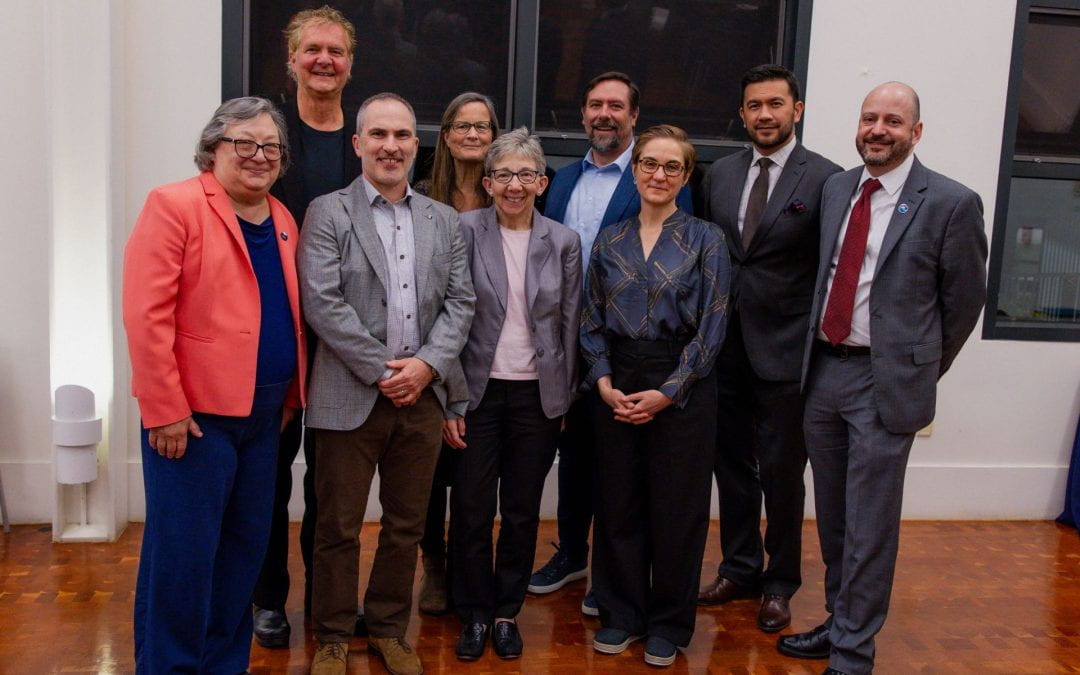
David Haussler receives Lifetime Achievement Award, Holger Schmidt awarded Innovator of the Year
April 15, 2024 By Sandra Messick, Rose Miyatsu, Emily Cerf The 2023 recipients of the Chancellor's Innovation Impact Awards were honored April 11. From left - front row: Chancellor Cynthia Larive, Holger Schmidt, Campus Provost and Executive Vice Chancellor Lori...
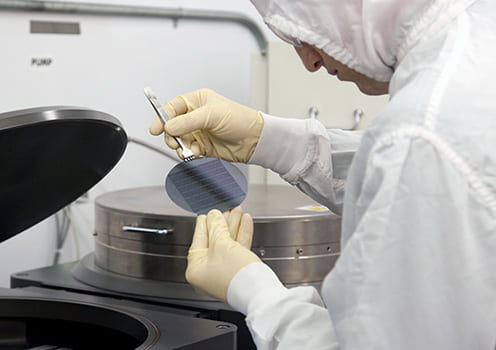
New diagnostic tool achieves accuracy of PCR tests with faster and simpler nanopore system
Over the past four years, many of us have become accustomed to a swab up the nose to test for COVID-19, using at-home rapid antigen tests or the more accurate clinic-provided PCR tests with a longer processing time. Now a new diagnostic tool developed by UC Santa Cruz Distinguished Professor of Electrical and Computer Engineering Holger Schmidt and his collaborators can test for SARS-CoV-2 and Zika virus with the same or better accuracy as high-precision PCR tests in a matter of hours.

Genomics on the ground level
Russ Corbett-Detig and Eric Enbody at the Society for Molecular Biology and Evolution in Ferria, Italy, 2023. By Krizia Chambers One of the biggest current challenges in genomics research is figuring out how to make vast amounts of genomic data available to the people...
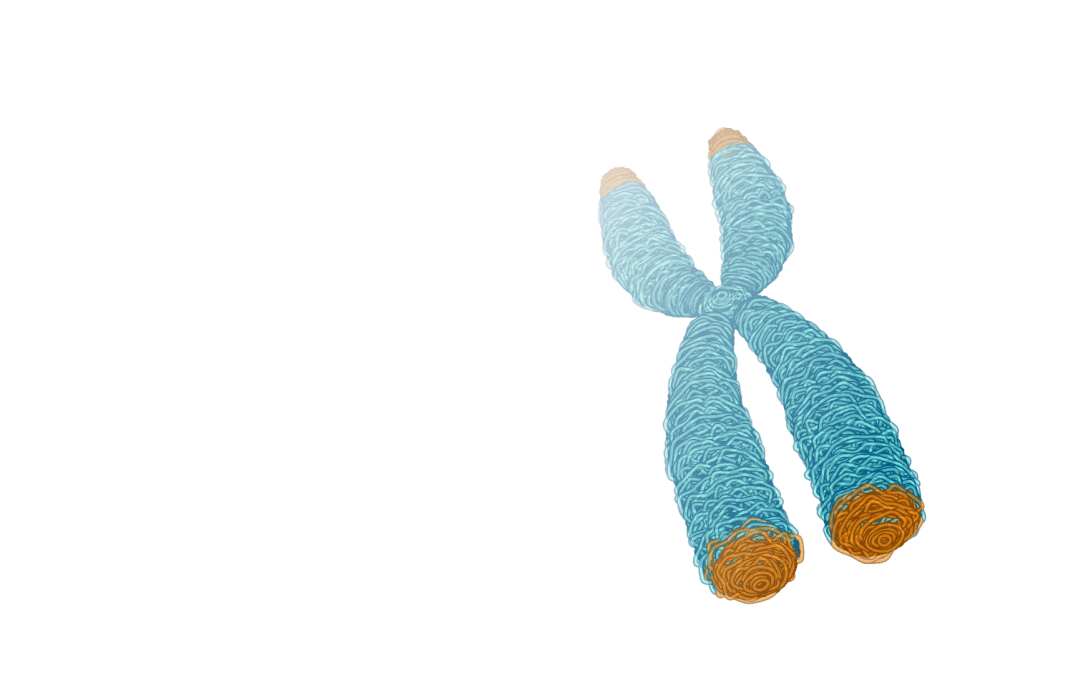
Surprising new finding about telomeres could lead to potential targets for preventing degenerative disease
In a “jaw-dropping” finding published in Science last week, Carol Greider and her collaborators at UC Santa Cruz and Johns Hopkins Medicine used nanopore sequencing to demonstrate that certain chromosomes have telomere lengths that are consistently longer or shorter than others. Telomere length plays a role in longevity and cancer, and these findings could indicate new possible targets for studying degenerative diseases and cancer.

Research on understudied lung cancer drivers may improve treatments
To diagnose and treat cancer, researchers and clinicians typically look at a person’s genetic material to find any mutations in genes that may “drive” cancer, helping to create a specialized treatment plan. They don’t normally look at the gene’s “isoforms” — slightly different versions of the genes that can be created in the body’s processes of translating genetic code into proteins.
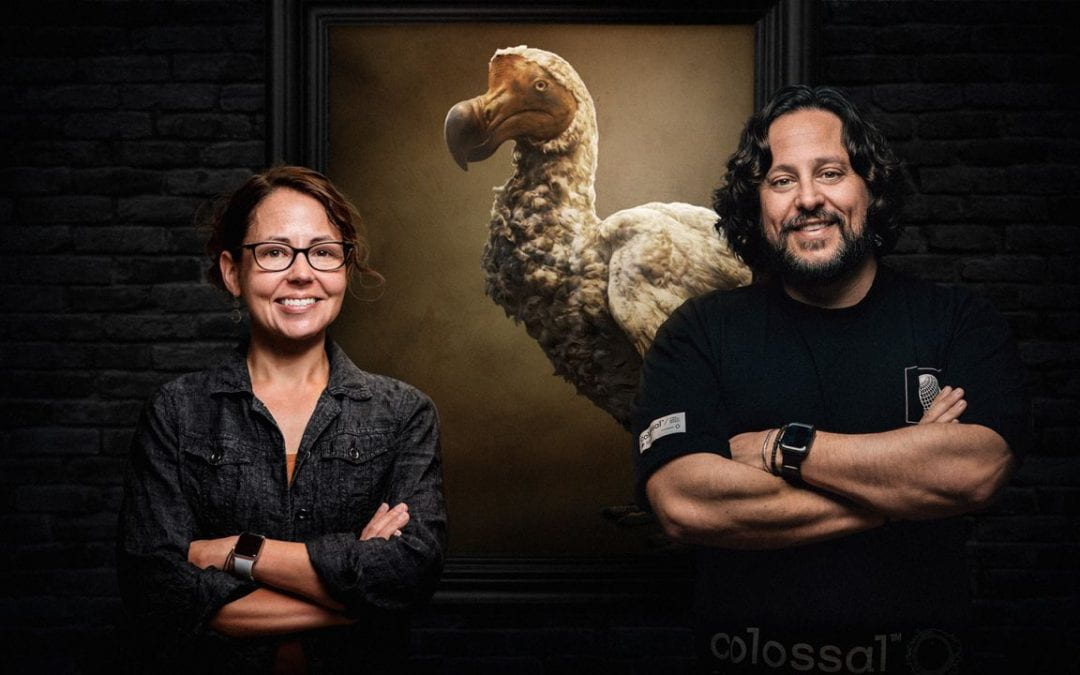
Ancient DNA expert Beth Shapiro named CSO of Colossal
Beth Shapiro will be taking a leave of absence from UC Santa Cruz to be Chief Scientific Officer of Colossal, a company that is working to bring ancient species back from extinction. Beth Shapiro is Associate Director for Paleogenomics at the UC Santa Cruz Genomics Institute and author of two books, including How to Clone a Mammoth on the science of de-extinction

Opening volley
UC Santa Cruz is broadening the federal Year of Open Science—aimed at making taxpayer-funded research findings more accessible to the public—into the Year of Open Scholarship, with the goal of normalizing open access to data and discovery
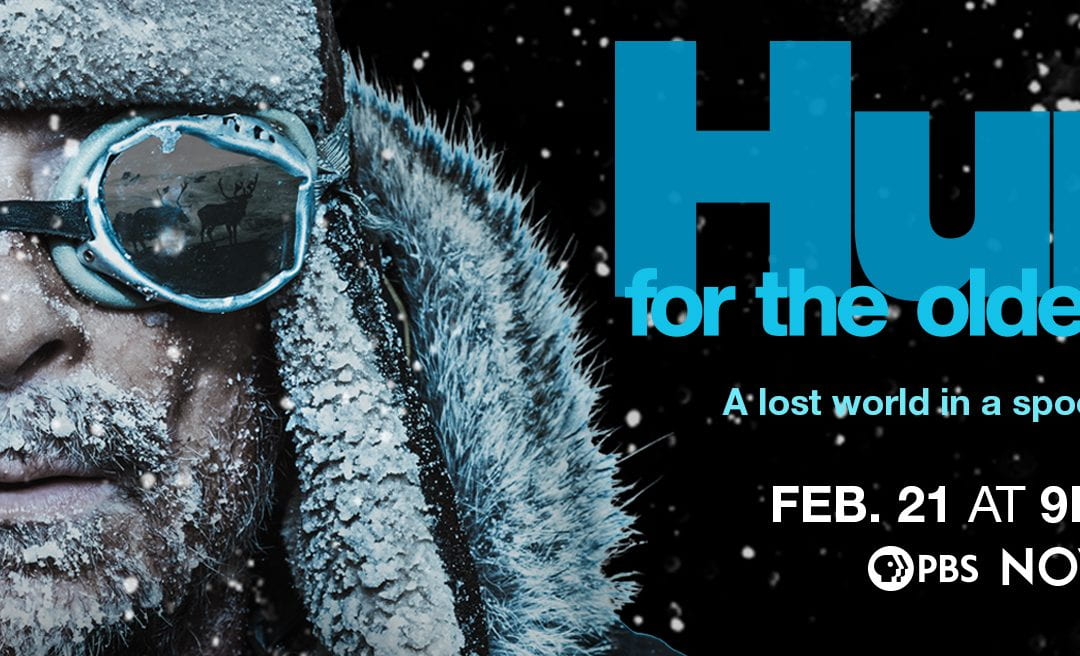
Beth Shapiro and the Hunt for the Oldest DNA
DNA can tell us much more about extinct species than their fossil records alone, but because of how quickly DNA degrades, there have been limits on how far back in time researchers can go. UCSC professor Beth Shapiro and her colleagues are pushing those limits. Watch...

Protein designer awarded $2.5M to develop bioluminescent protein for deep tissue imaging
Assistant Professor of Biomolecular Engineering Andy Yeh, who was awarded a nearly $2.5 million grant from the Chan Zuckerberg Initiative to develop completely artificial enzymes that can produce bioluminescence in the body for deep tissue imaging.